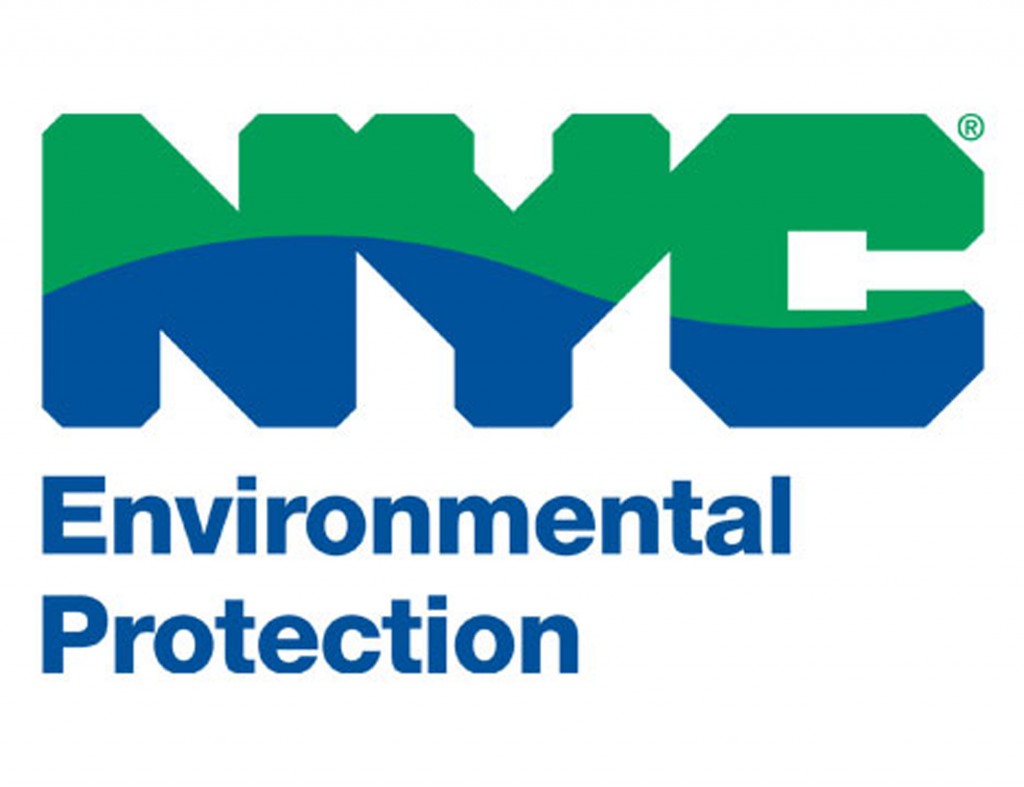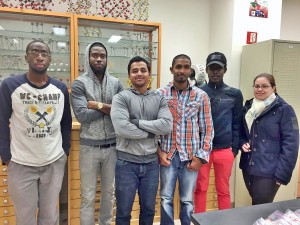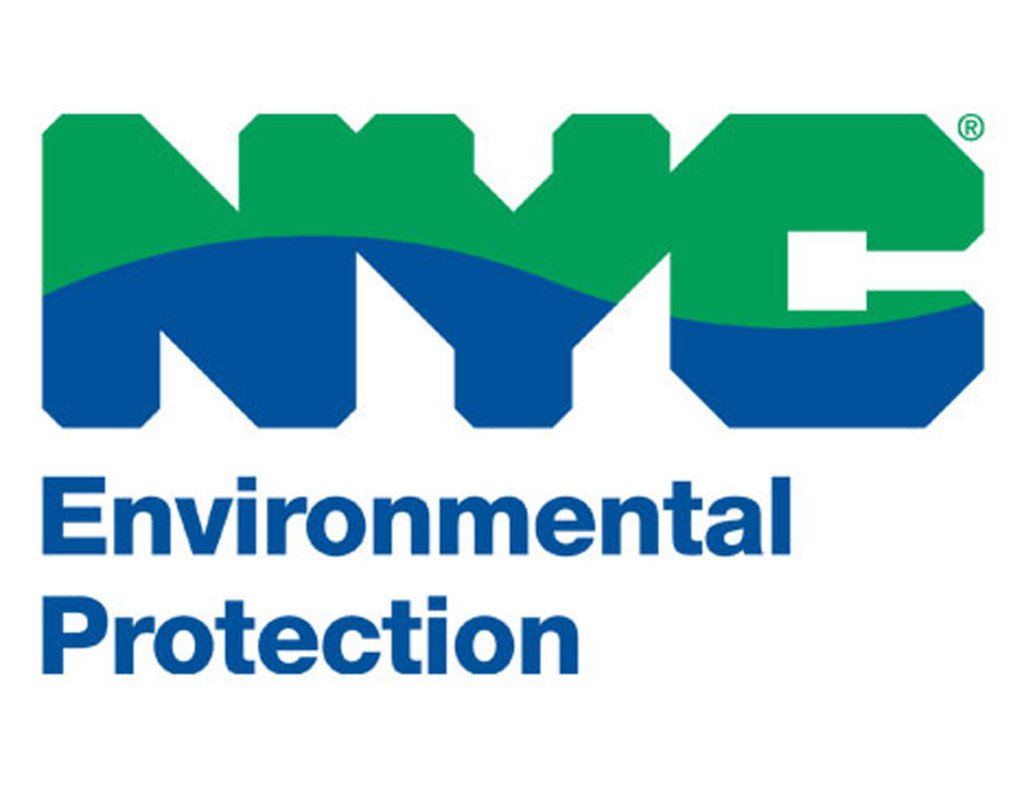
What was once called the Green Club at York College is now known as the Environmental Health Club, and has taken new and innovative approaches to create simple and appealing methods to make its presence and role on campus more visible.
Since climate change and environmental issues have become increasing concerns for college students, club members with guidance from their faculty advisor Professor Ratan Dhar are working on making changes and bringing awareness to both students and faculty on York’s campus.
“We have some environmental problems surrounding York College, and globally we have lots of issues, so through the ‘Green Talk Series’ we could bring the experts from the different environmental areas and the students will be able to know what it is like going into the environmental sectors.” Dhar said. “We are planning to bring some of the experts from the governmental sectors, federal or city entities so that students can make a connection and it will help students.”
Dhar said he hopes the club will also serve as a professional development opportunity for the students who participate.
“There are two kinds of objectives we have, one is to connect the students to the large entities so that they can continue to grow in their fields,” Dhar said. “The other thing is to understand the recent advancement in Environmental Science. I have been encouraging them to start the Green Talk Series at York College, so hopefully they will start this time.”
According to Dhar, the panelist for club’s “Green Talk Series” will be Jim Roberts, deputy commissioner of New York City Department of Environmental Protection.
Dhar claimed that Roberts will be a relevant person for the event as he will be able to relate to some of York College’s problems regarding contaminated floodwaters in the sub-basement of the Academic Core building.
According to Dhar, York’s Academic Core was built when the groundwater level was low. After southeast Queens

switched from a local water supply company that pumped from beneath the ground to the upstate water supply system, water levels started to increase and it made the basement prone to flooding.
The aquifer that Queens and parts of Brooklyn sit on is contaminated by the dry cleaning agent PCE, also known as perchloroethylene — the result of a number of massive spills from a dry cleaning company that was located in South Queens for 23 years.
Pandora’s Box published in 2012 the discovery that traces of the carcinogenic compound was found in the basement floodwaters.
Last year samples of the water found in the basement were sent out for testing and the results found traces of PCE found in the Academic Core sub-basement and parts of the Performing Arts Center and the gymnasium.
Local, state and federal officials have been exploring a variety of strategies to deal with the contamination and the rising water levels for several years.
“We are hoping to hear from Jim Roberts what is a DEP’s initiative to combat this situation,” Dhar said.
In addition to solving some of York’s issues, members of the club said one of the main purposes of the “Green Talk Series” is to generate more awareness and action on campus among students and faculty.
“Simple stuff like conservation of water, these simple things they go a long way,” said Michael Lateef, a senior club member. “When you use the water, make sure you turn it off. On campus the one thing that comes to mind is the proper disposal of garbage in the proper waste containers.”
“There is a recycling program but I feel like students are not aware of it and that’s one of the things we want to address in our club to spread awareness,” Lateef said.
President of the Environmental Health Club Oboerhiri Emofovwah said they are trying to have outreach programs to between faculty, students and graduates in all science departments. He hoped that the broad aspects of EHS have traits that all of the other departments might find compelling, and he believes that if they collaborate they can make changes on York’s campus.


